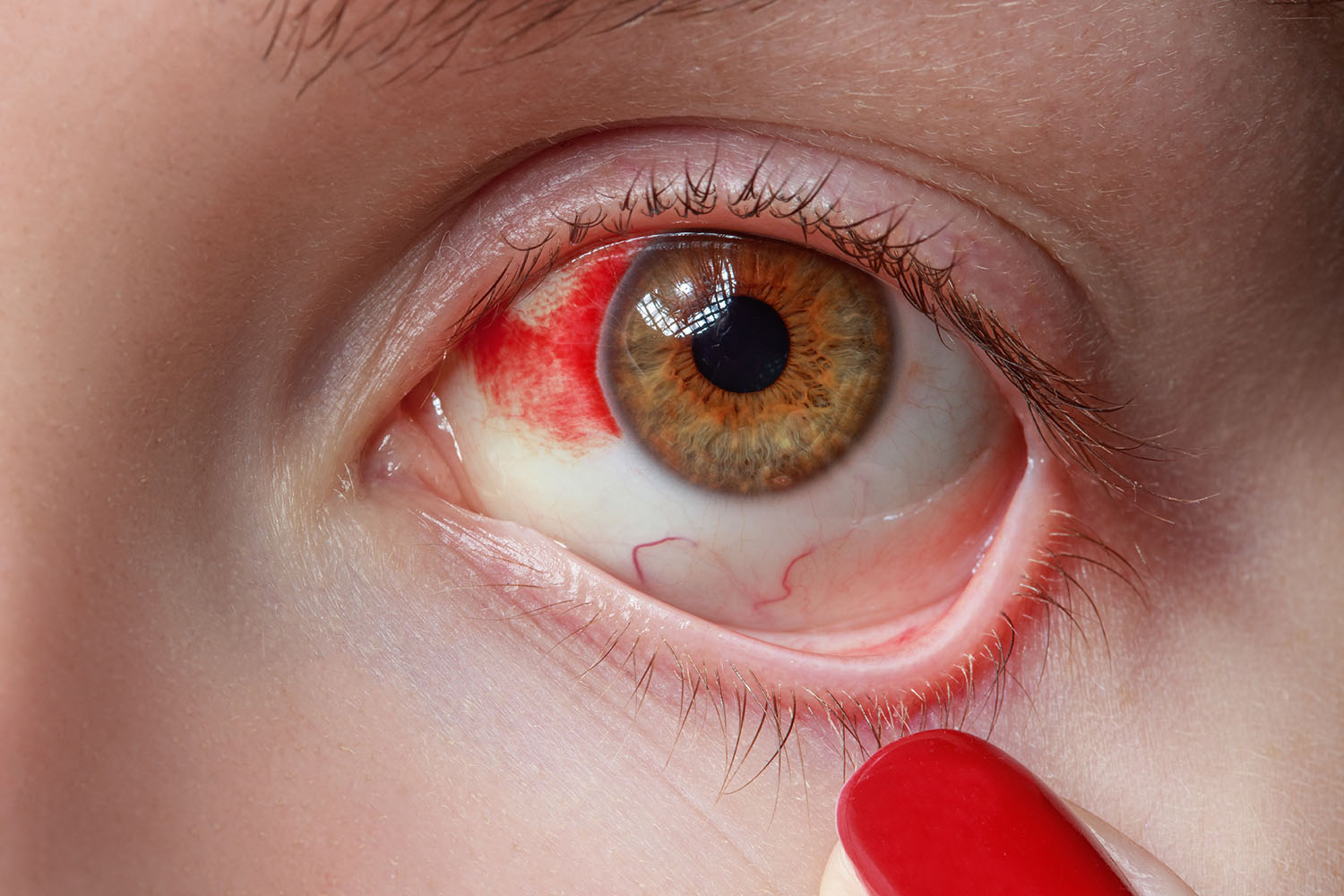Overview
Conjunctivitis, commonly known as pink eye, is an inflammation of the conjunctiva, the transparent membrane that lines your eyelid and covers the white part of your eyeball. This condition can cause redness, itching, and tearing in the eyes, and is highly contagious. Understanding conjunctivitis precautions is essential to prevent its spread and ensure quick recovery.
Types of Conjunctivitis
Conjunctivitis can be caused by various factors, including:
- Viral Conjunctivitis: Often caused by adenoviruses, this type is highly contagious and can spread through direct or indirect contact with the eye secretions of an infected person.
- Bacterial Conjunctivitis: Commonly caused by bacteria such as Staphylococcus aureus or Streptococcus pneumoniae, this type also spreads through direct contact with infected secretions or contaminated surfaces.
- Allergic Conjunctivitis: Triggered by allergens like pollen, dust, or pet dander, this type is not contagious but can cause significant discomfort.
Conjunctivitis Precautions to Prevent Spread
1. Maintain Good Hygiene
- Hand Washing: Regular and thorough hand washing with soap and water is one of the most effective conjunctivitis precautions. Always wash your hands before and after touching your eyes.
- Avoid Touching Your Eyes: Try to avoid rubbing or touching your eyes, as this can spread the infection or introduce new irritants.
2. Proper Eye Care
- Use Clean Towels and Tissues: Always use clean towels and tissues to wipe your eyes. Avoid sharing towels, washcloths, or pillowcases with others.
- Dispose of Contaminated Items: Discard tissues, cotton balls, or any other disposable items that come into contact with your eyes immediately after use.
3. Avoid Sharing Personal Items
- Eye Makeup and Contact Lenses: Do not share eye makeup, makeup brushes, or contact lenses. These items can harbor bacteria and viruses, facilitating the spread of conjunctivitis.
- Personal Care Items: Avoid sharing personal care items such as face towels, washcloths, and pillowcases.
4. Environmental Precautions
- Disinfect Surfaces: Regularly clean and disinfect commonly touched surfaces, such as doorknobs, light switches, and countertops, to reduce the risk of spreading the infection.
- Avoid Crowded Places: If you have conjunctivitis, avoid crowded places where the infection could easily spread to others.
Seeking Medical Attention
While many cases of conjunctivitis resolve on their own, it’s important to seek medical advice if you experience severe symptoms such as intense pain, blurred vision, sensitivity to light, or if the condition does not improve with basic conjunctivitis precautions. A healthcare provider can determine the cause of your conjunctivitis and recommend appropriate treatment, which may include antibiotic eye drops for bacterial infections or antihistamines for allergic conjunctivitis.
International Research and Guidelines
According to the World Health Organization (WHO), practicing good hygiene and taking conjunctivitis precautions can significantly reduce the spread of this condition. The Centers for Disease Control and Prevention (CDC) also emphasize the importance of not sharing personal items and maintaining cleanliness in environments like schools and workplaces to prevent outbreaks.
In summary, conjunctivitis is a common but preventable condition. By following proper conjunctivitis precautions, such as maintaining good hygiene, avoiding sharing personal items, and seeking medical attention when necessary, you can protect yourself and others from this uncomfortable and contagious eye infection. Stay informed and practice these guidelines to ensure healthy eyes and a safe environment for everyone.




